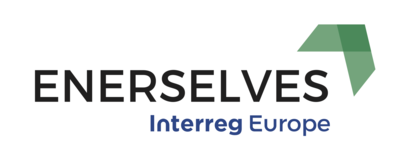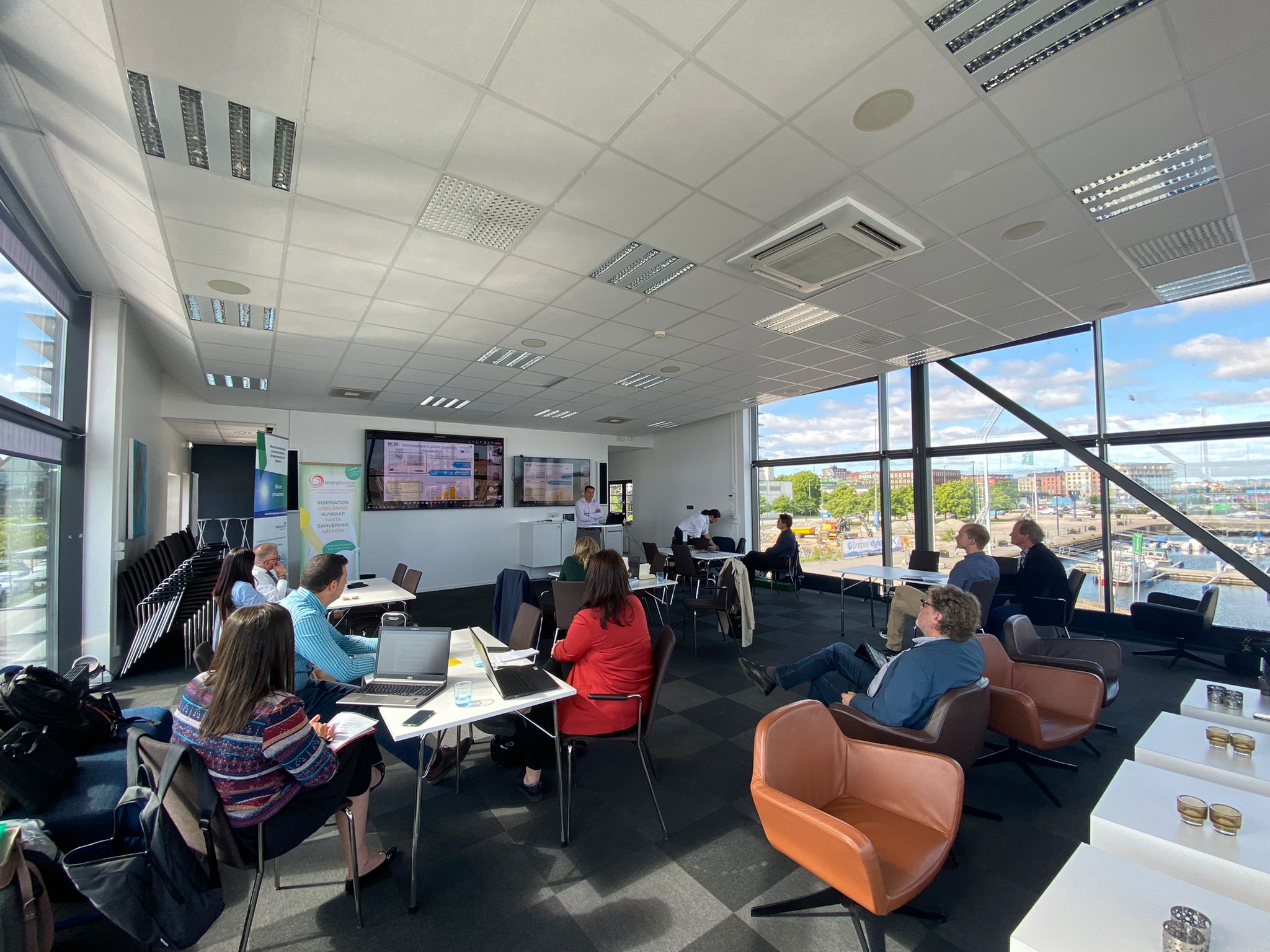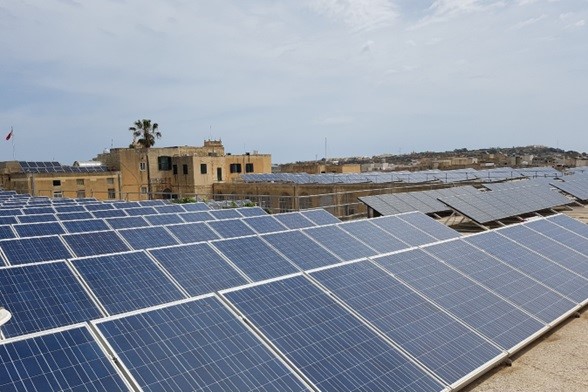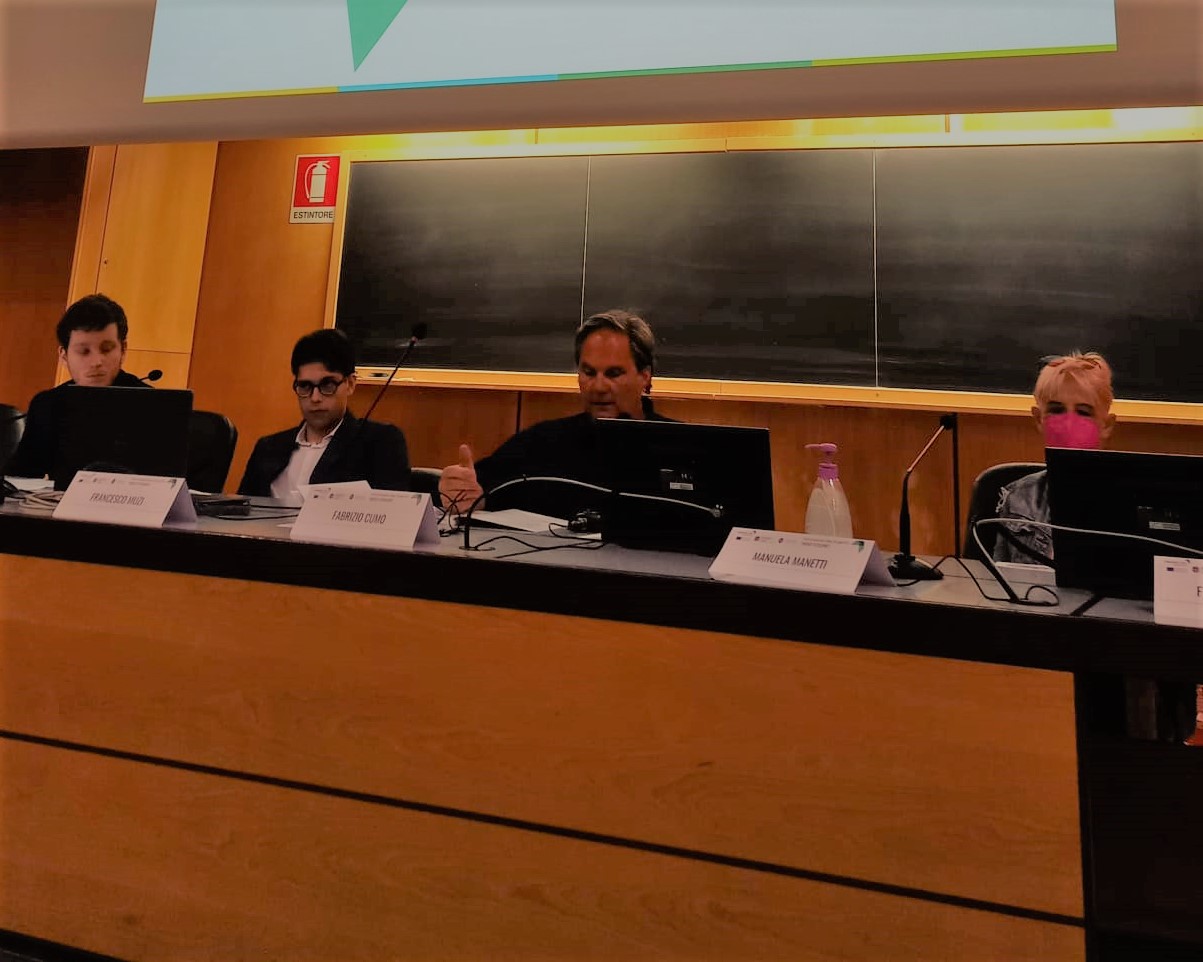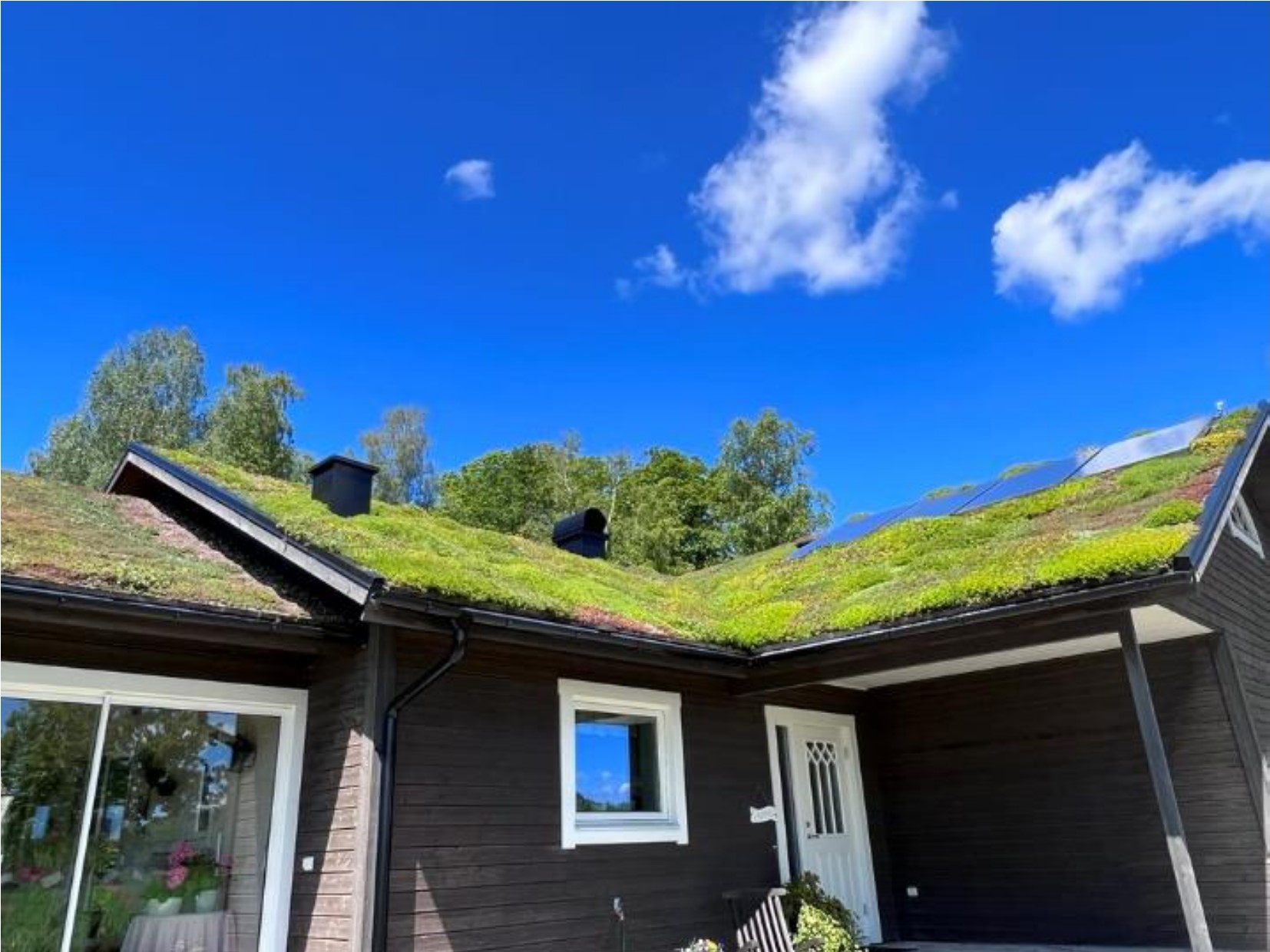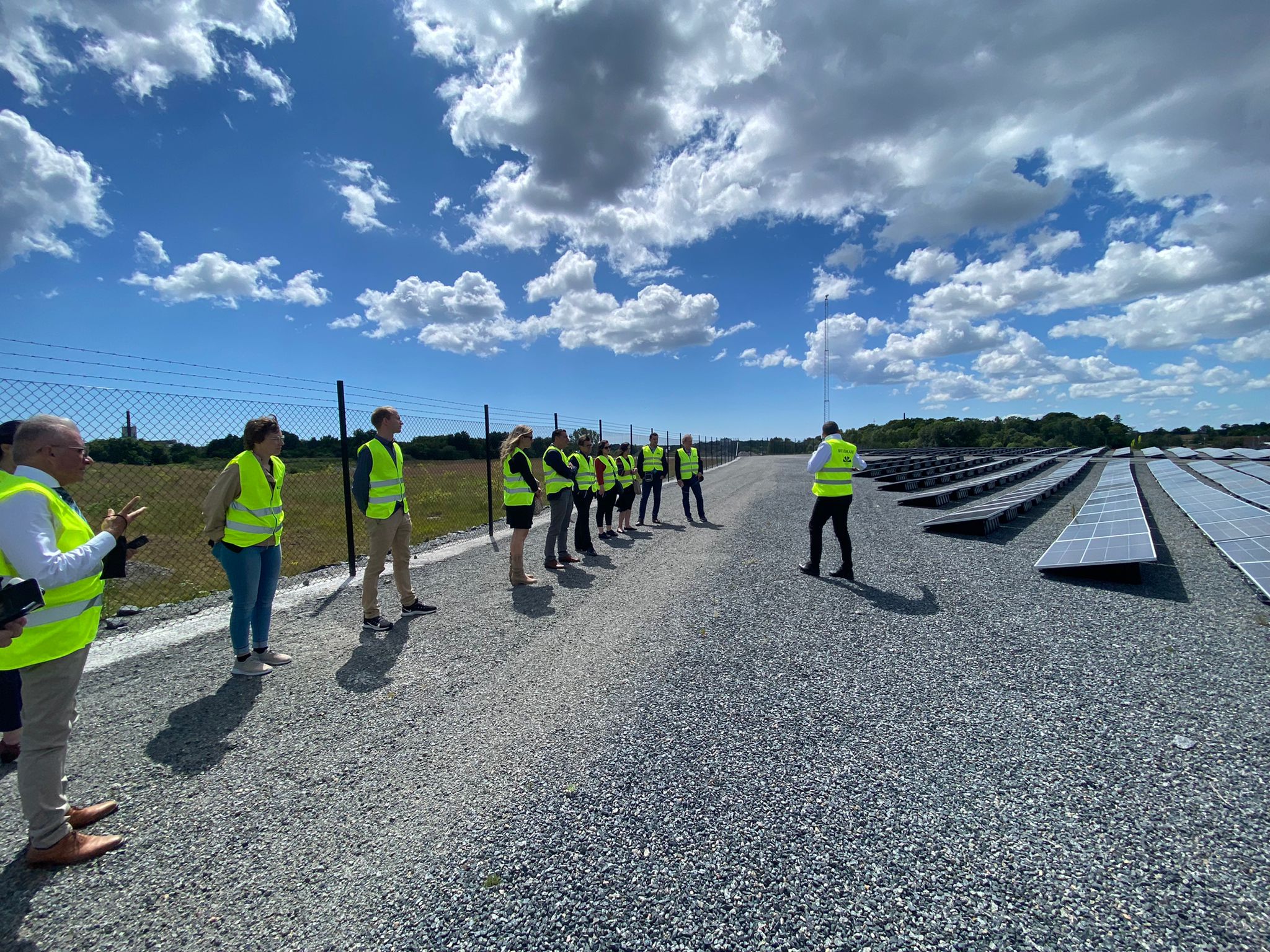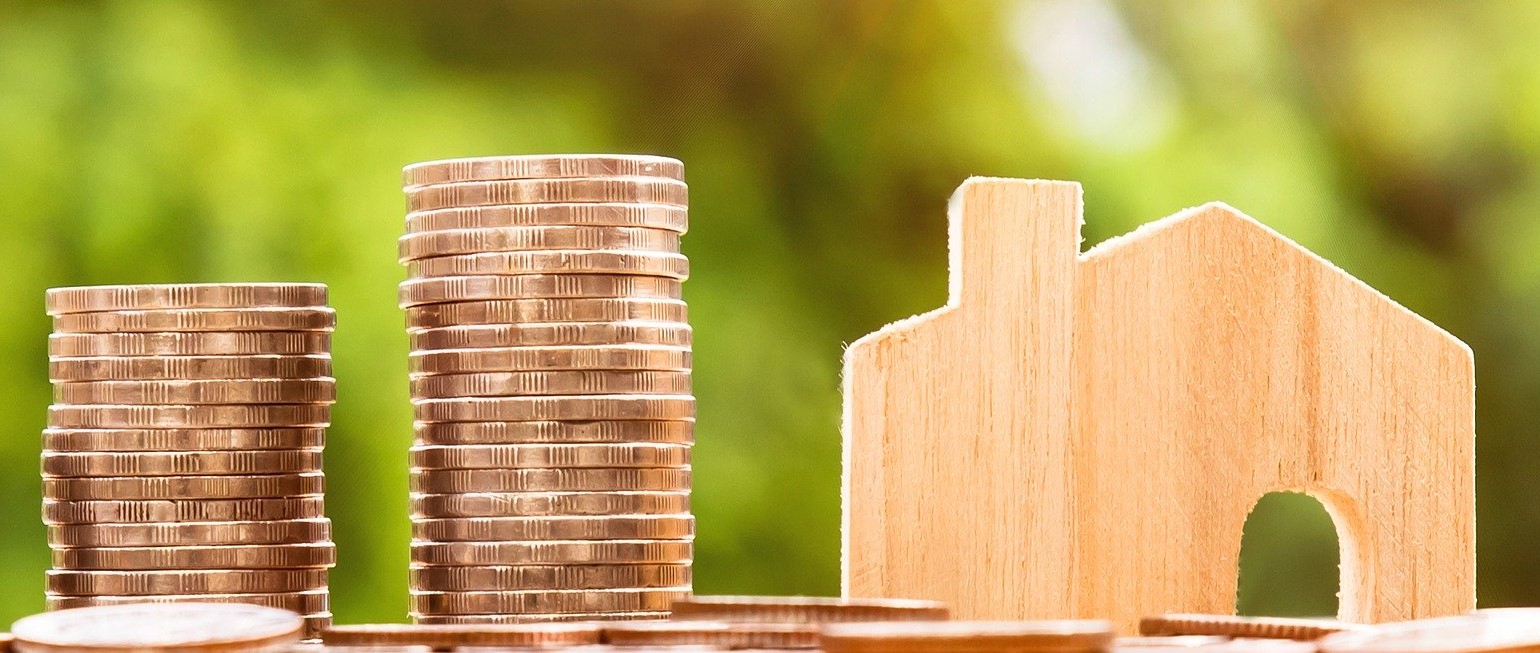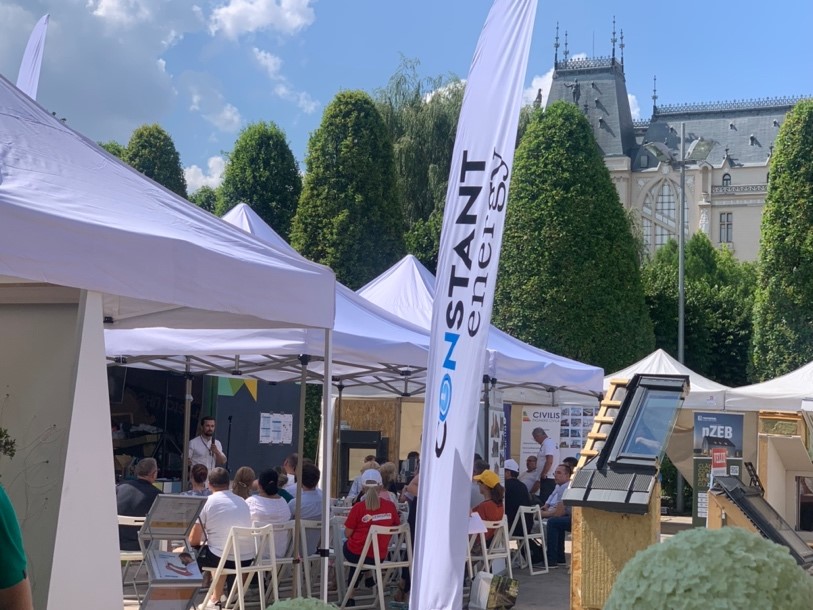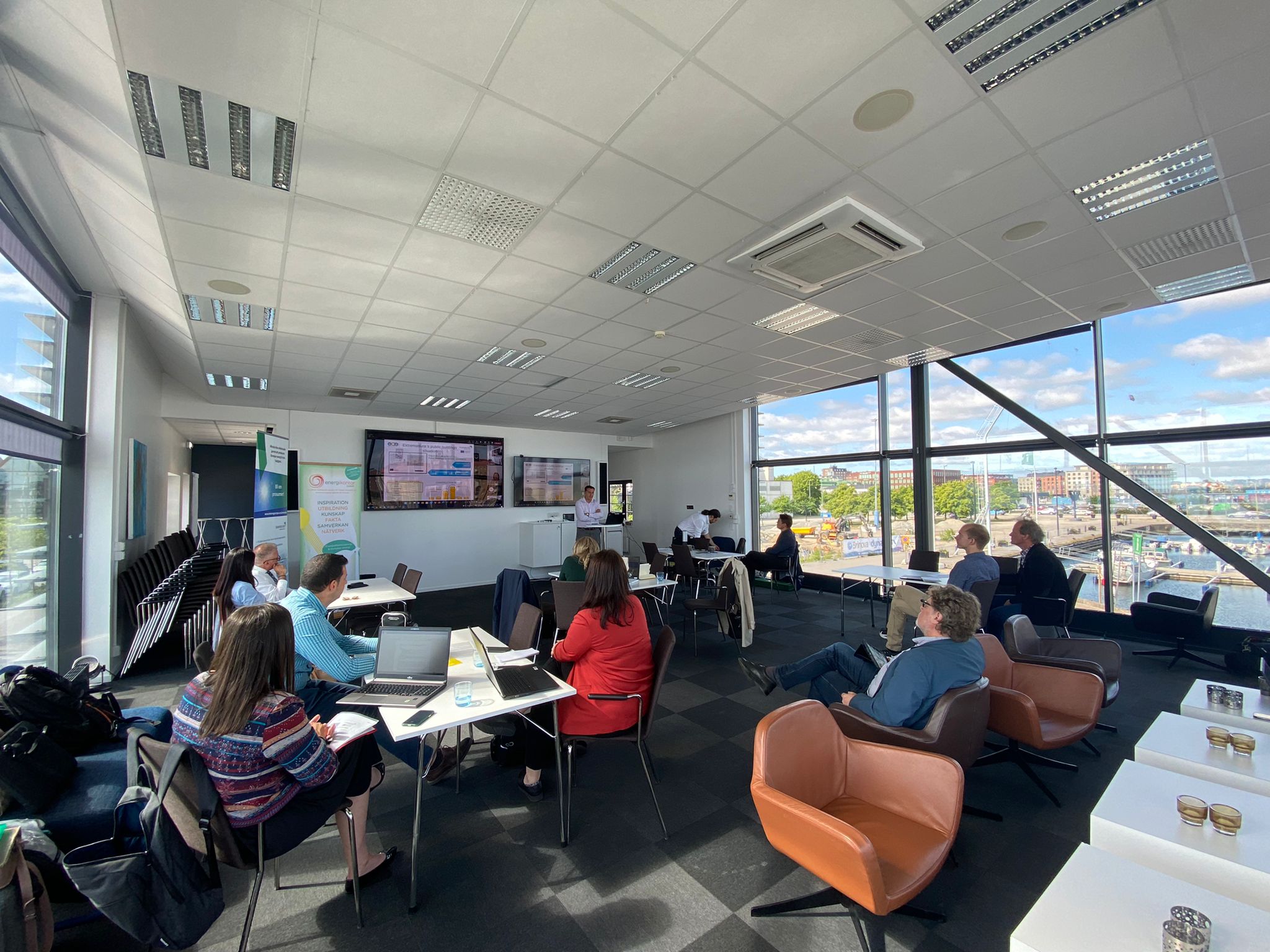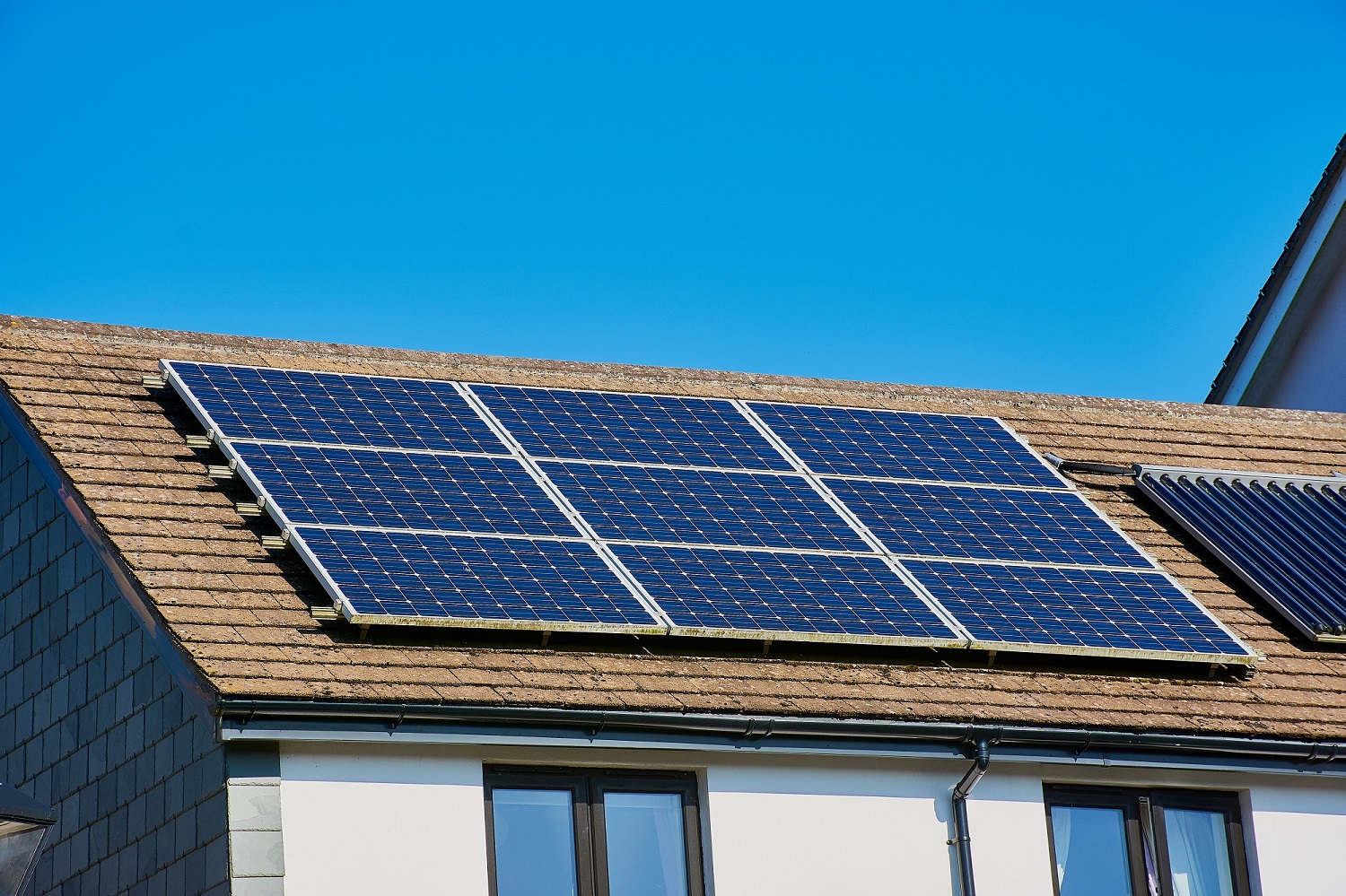The Consortium Extremadura Energy Agency as the lead partner has participated in Interreg Europe’s programme “ENERSELVES” project. This project began its journey in January 2017, ending in December 2020. Its main objective has been to promote the integration of renewables within buildings, both public and residential. Partners from different European countries have participated: Malta, Italy, Sweden, Romania, Spain and Poland.
In 2021, the project was granted an extra one-year implementation extension, launched in an extraordinary call by the Interreg Europe program. In this period, Enerselves has studied how Covid-19 has affected energy self-consumption in buildings, through the exchange of experiences between partners, analysing how each of them has faced the different social challenges that Covid-19 has brought in our daily lives.
After a hectic year of experiences, activities, events, etc., all project partners have agreed that COVID 19 has changed the way users understand the spaces of a building, allowing homes to become offices, nurseries, and gyms, causing thus an energy imbalance in many public and private buildings.
In this context of energy imbalance due to Covid-19, self-consumption offers great possibilities to rebalance the energy balance of buildings.
At the end of 2021, the 3-year “Recovery, Transformation and Resilience Plan” was launched. The plan has provided different grants for energy renovation, in accordance with the needs of users. As the main eligibility criteria, it is required that the affected homes reach a higher energy efficiency level than the one they had before the investments.
Likewise, different good practices that help us understand how other regions are coping with this increase in consumption have been studied.
Malta: A call has been launched in order to finance storage batteries for both existing and new photovoltaic installations, covering in some cases up to 80% of their total cost.
Romania: Has developed a mapping application for energy production facilities, where all existing technologies in the region (PV, biomass, biogas, and cogeneration) have been registered.
Sweden: It has greatly strengthened the promotion of the triple economic axis formed by tourism, agriculture and renewables, which can be extrapolated to the economic characteristics of Extremadura, a fact that was made clear during the visit made at our final event in Karlskrona.
Lazio: The Italian region has shown how the energy rehabilitation of heritage buildings can be an affordable and profitable objective. In order to prove this point, they have presented different examples of rehabilitation where, thanks to the adoption of passive measures and the replacement of air conditioning and ventilation systems, up to 50% of primary energy consumption has been reduced.
To conclude this extension period, which ends on August 31, the ENERSELVES project has developed a “Lessons Learned” document, which collects each of the experiences described above. This document will be published on the website at the end of August 2022.
